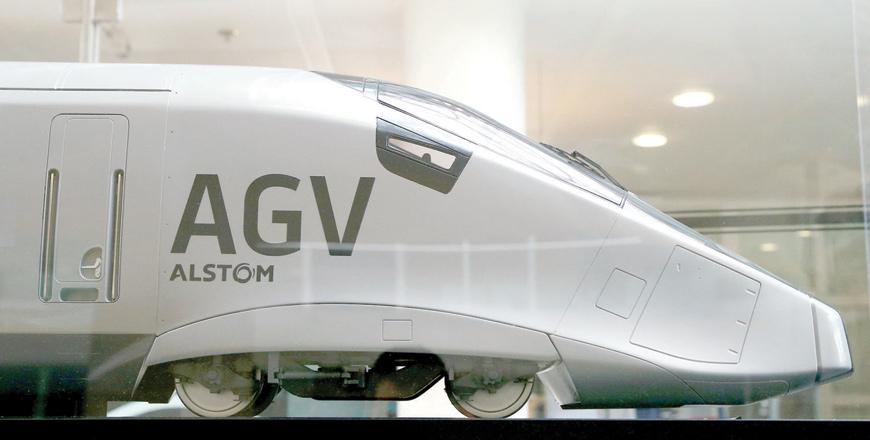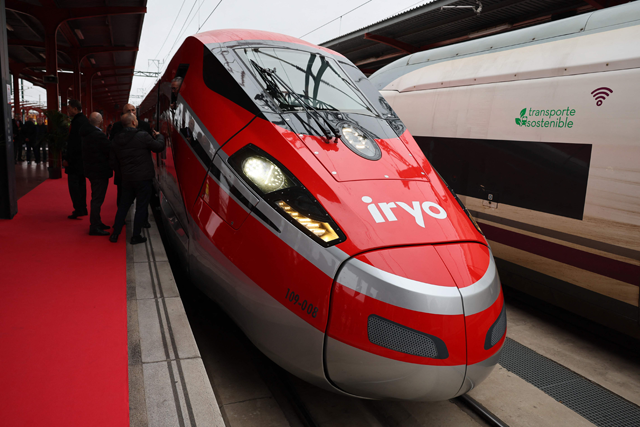You are here
Egypt signs Med-Red Sea high-speed rail link deal
By AFP - Sep 01,2021 - Last updated at Sep 01,2021
CAIRO — Egypt signed a $4.45 billion contract on Wednesday with a consortium including Siemens to construct a high-speed electric rail line between the Red Sea and the Mediterranean, state television said.
The railway will run 660 kilometres between Marsa Matrouh on northern Egypt's Mediterranean coast to the Red Sea port of Ain Sokhna in the east.
State television said the deal covers the design, implementation and "maintenance for 15 years of the [Egypt's] first fast electric train network... worth $4.45 billion".
The project will be carried out by the transport ministry and a consortium of Egyptian and German companies, led by Arab Contractors, Orascom and Siemens, it added.
In February, the ministry announced the end of preliminary work on the project, which is to be completed in 2023.
The line will stop at 21 stations including the coastal city of Alexandria and the country's new administrative capital, some 45 kilometres east of Cairo.
Siemens said on its website that the project will "save passengers up to 50 per cent on travel time" and "ensure faster delivery of goods thanks to creating a rail link from the Red Sea to the Mediterranean".
Since his election in 2014, President Abdel Fattah Al Sisi has launched several infrastructure mega-projects.
In 2019, Canadian manufacturing group Bombardier announced it had signed a multibillion-dollar agreement to build two automated monorail lines in notoriously congested Cairo.
Egypt's railways have been plagued by a string of deadly accidents widely blamed on crumbling infrastructure and poor maintenance.
Related Articles
TANGIERS, Morocco — French President Emmanuel Macron arrived in Morocco on Thursday to take part in the inauguration of a hig
PARIS — Germany's Siemens and France's Alstom have made new concessions in an effort to convince the European Commission to approve their ti
MADRID — Competition in Spain's high-speed rail market is heating up with a new operator starting passenger services on Friday, making it Eu


















